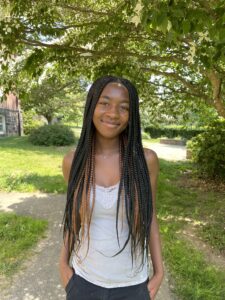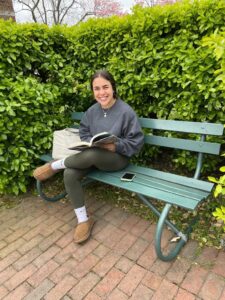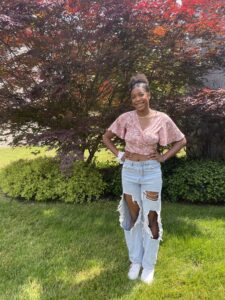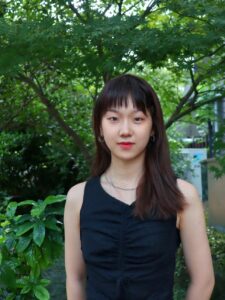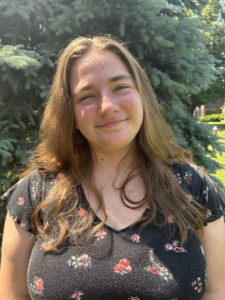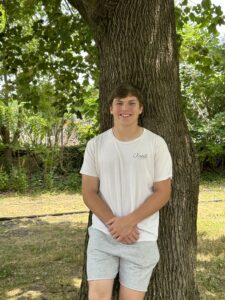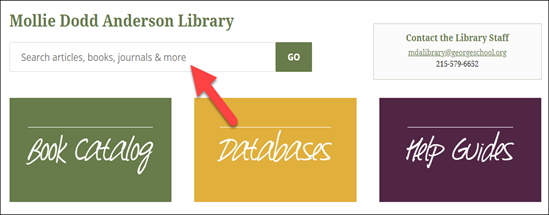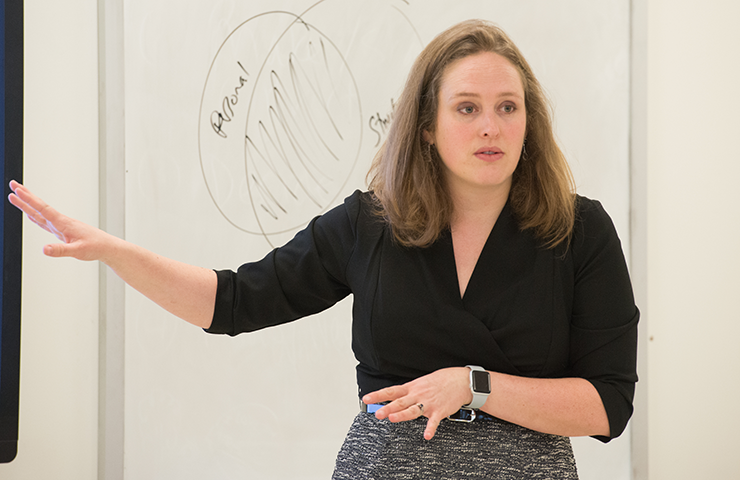
In her intro video to her students, Meredith Alford ’01 stresses what a fascinating and truly global political moment we are going through right now. She prompts her students to reflect on how the concepts and systems that they have studied in class in the abstract seem very concrete at the moment. Meredith has decided to have her class use the rest of the year to study current events and to better understand how the global political theories and concepts previously covered in class are working right now in the real world.
For instance, her class will soon be tackling a unit on globalization. The students will create podcasts on current events of their choice, answering questions like: “Is global cooperation desired/possible? How/Why/Why not?” Meredith says of this unit: “Since we have some freedom in terms of what content we cover, I want students to explore events that are most interesting to them. So, I’ve created thematic questions and am allowing students to explore these through their own selected case studies.” Before jumping into their own projects, the class will use the COVID-19 crisis as a collective introductory case study.
Meredith is going to have her students use a variety of media in addition to podcasts. One of these is a media literacy portfolio that they will create after interrogating how they think media shapes global politics. Their final project will be focused on the question of how they can use media to improve the world that they live in. They will then create a piece of media that promotes peace according to their defined terms.
In addition to the learning opportunity presented by current events on a global scale, she notes that she is “excited about the way the remote asynchronous model might open the door to more cross-disciplinary conversations.” While Meredith is still deciding exactly what form these interdisciplinary conversations will take, this is another example of how our teachers are embracing distance learning as both a challenge and an opportunity to engage students to learn from new angles.

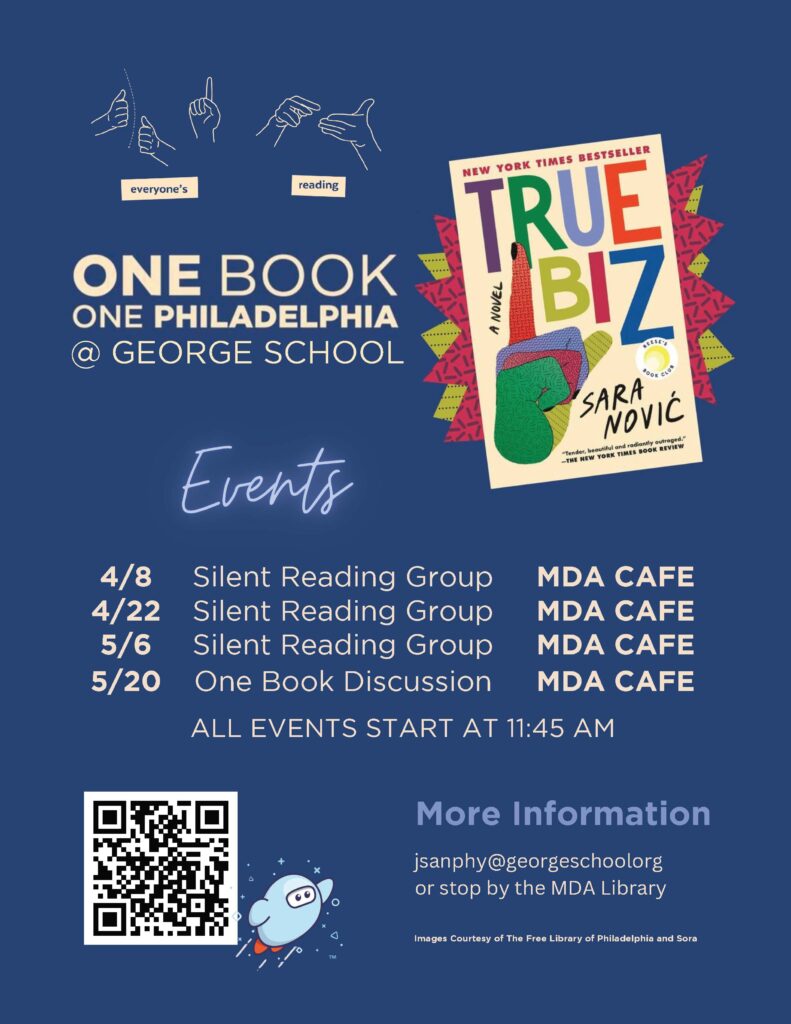
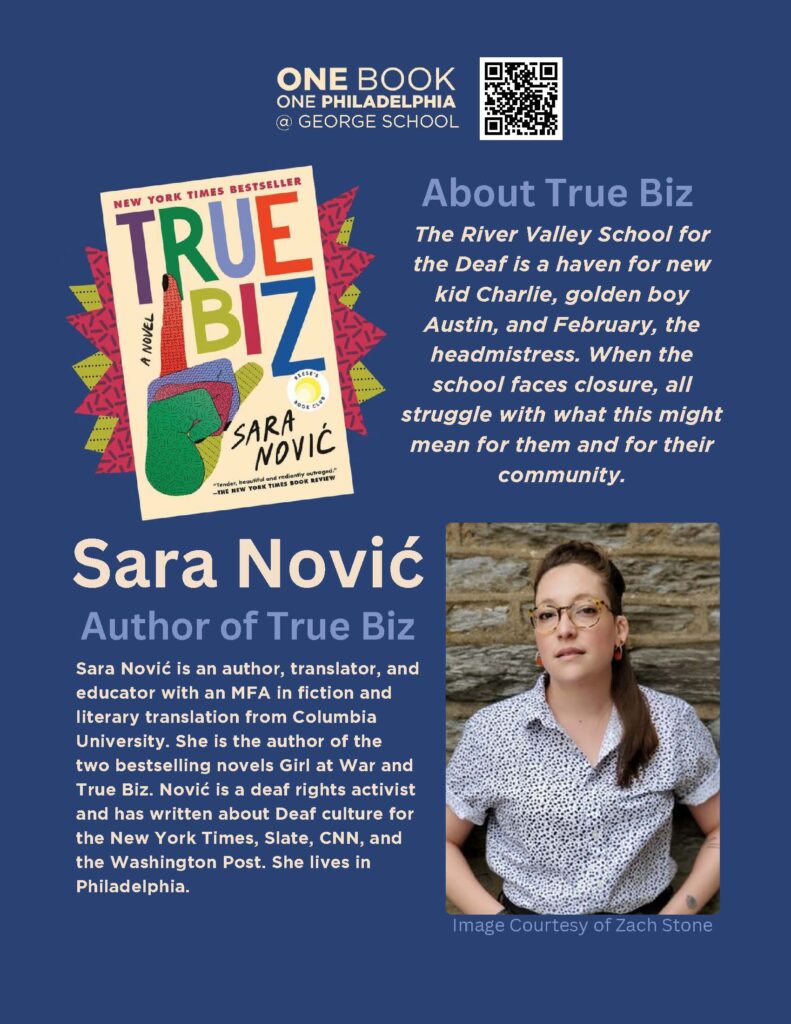

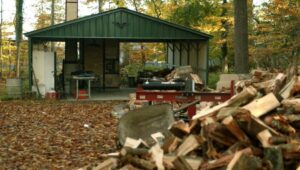

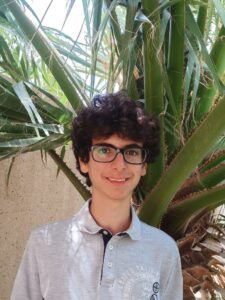 Monastir, Tunisia, and Amman, Jordan
Monastir, Tunisia, and Amman, Jordan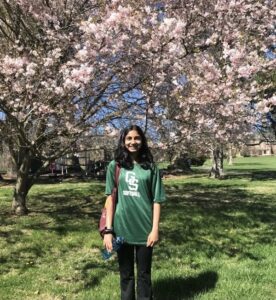 Irvine, CA
Irvine, CA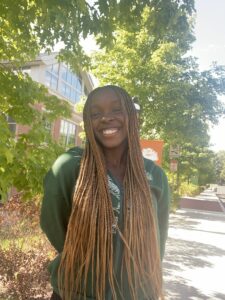 Feasterville-Trevose, PA
Feasterville-Trevose, PA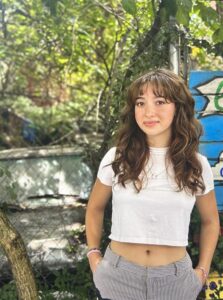 New Hope, PA (Previously NYC)
New Hope, PA (Previously NYC)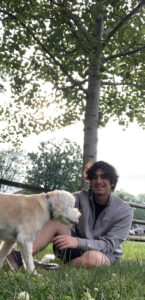 Richboro, PA
Richboro, PA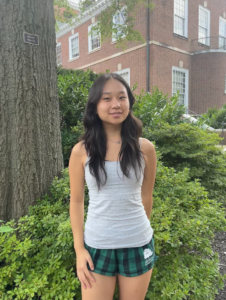 Englewood, NJ
Englewood, NJ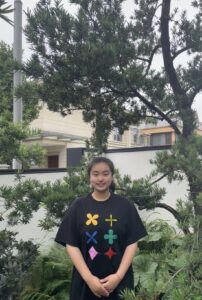 Ningbo, Zhejiang, China
Ningbo, Zhejiang, China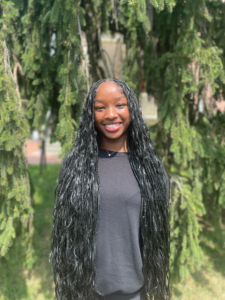 Willingboro, NJ
Willingboro, NJ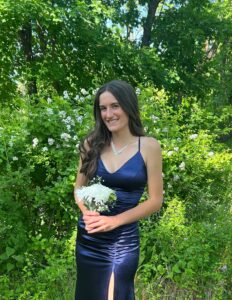 Yardley, PA
Yardley, PA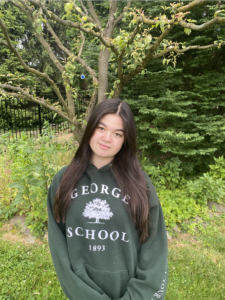 Newtown, PA
Newtown, PA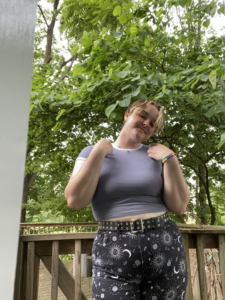 Holicong, PA
Holicong, PA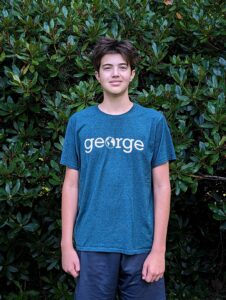 Newtown, PA
Newtown, PA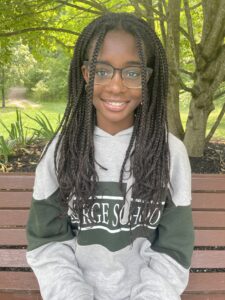 Hamilton, NJ
Hamilton, NJ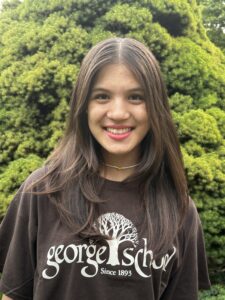 Yardley, PA
Yardley, PA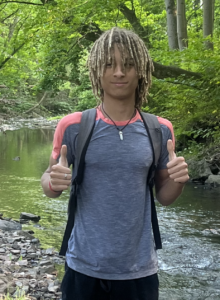 Lambertville, NJ
Lambertville, NJ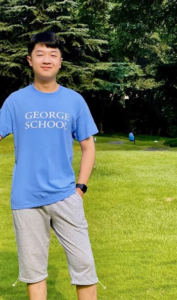 Chongqing, China
Chongqing, China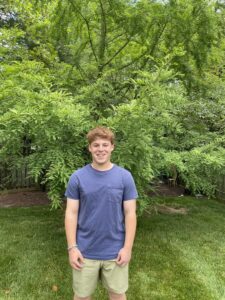 Pennington, NJ
Pennington, NJ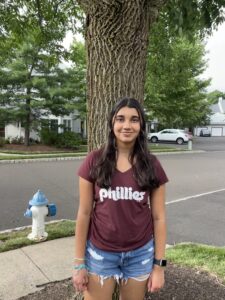 Yardley, PA
Yardley, PA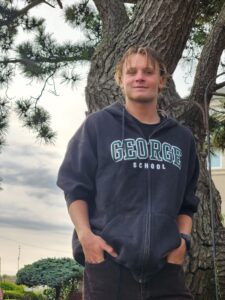 Bensalem, PA
Bensalem, PA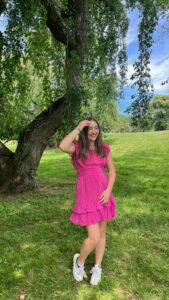 Borgota, Colombia
Borgota, Colombia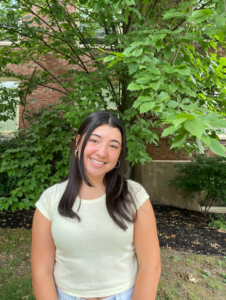 Newtown, PA
Newtown, PA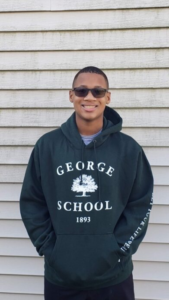 Burlington, NJ
Burlington, NJ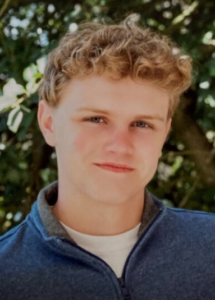 Langhorne, PA
Langhorne, PA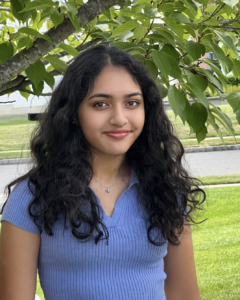 Princeton, NJ
Princeton, NJ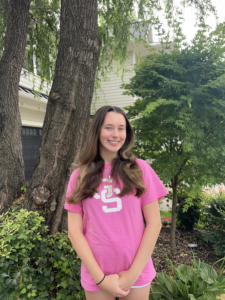 Langhorne, PA
Langhorne, PA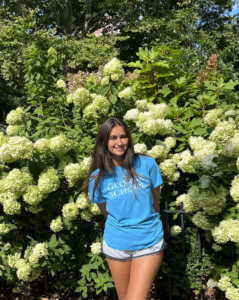 New York City, NY
New York City, NY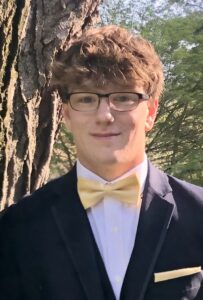 New Hope, PA
New Hope, PA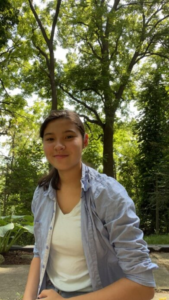 St. Catharines, Ontario, Canada
St. Catharines, Ontario, Canada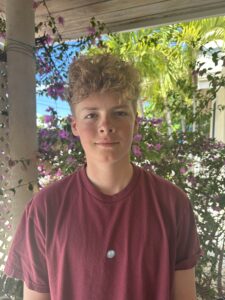 Providenciales, Turks and Caicos Islands
Providenciales, Turks and Caicos Islands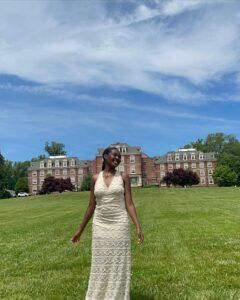 Willingboro, NJ
Willingboro, NJ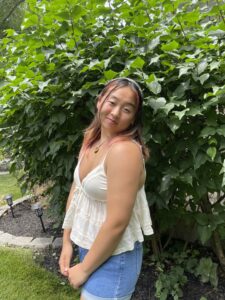 Princeton, NJ
Princeton, NJ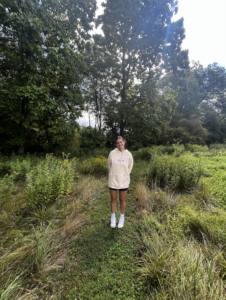
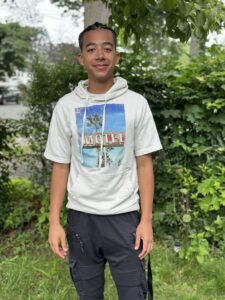 Newark, NJ
Newark, NJ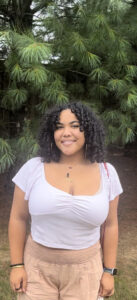 Trenton, NJ
Trenton, NJ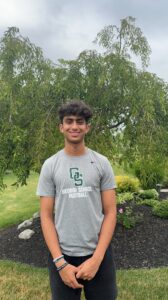 Newtown, PA
Newtown, PA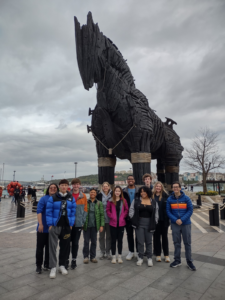
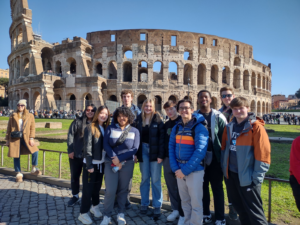
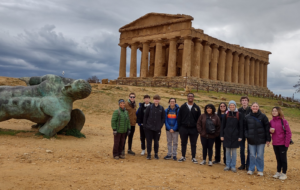
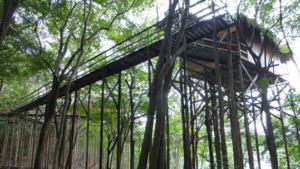
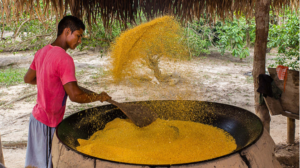

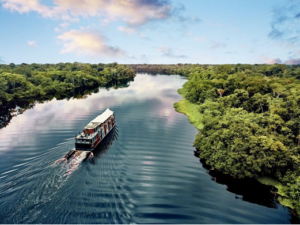
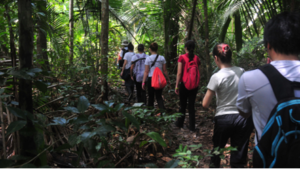
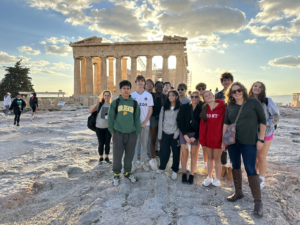
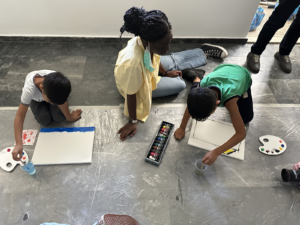
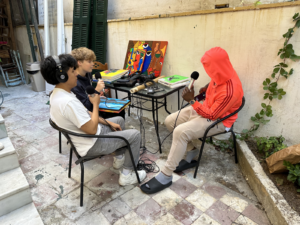
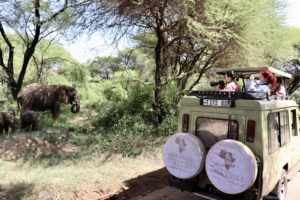
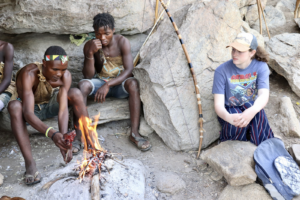
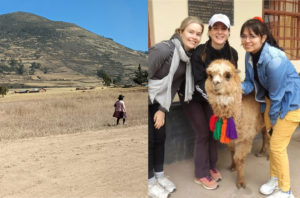
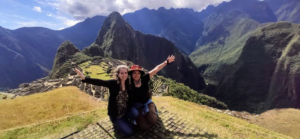
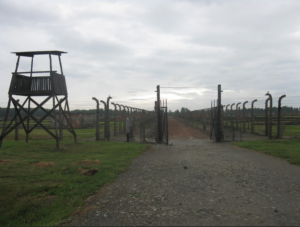
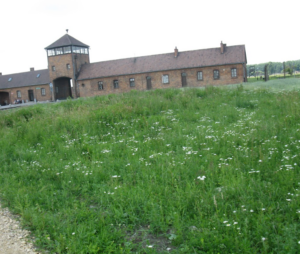
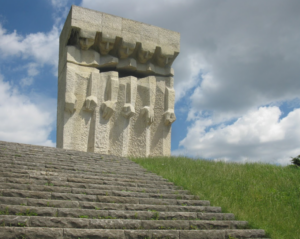
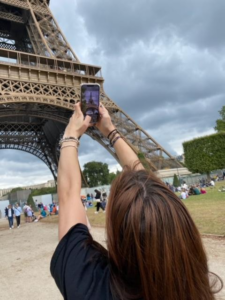
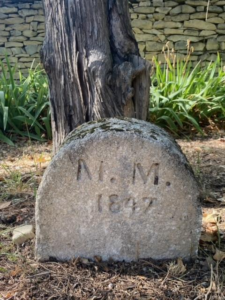
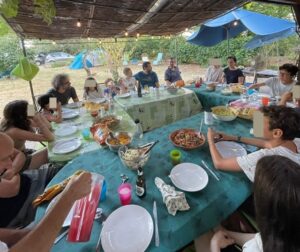
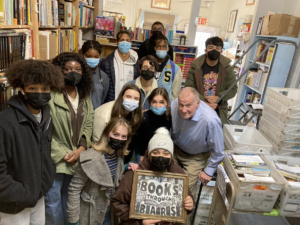
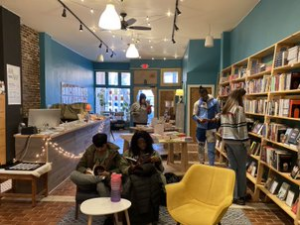
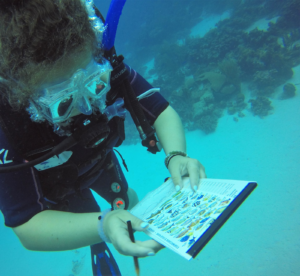
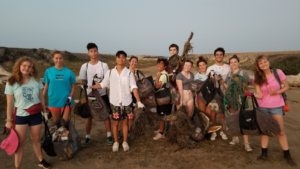
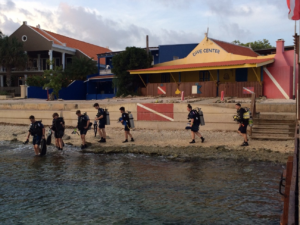
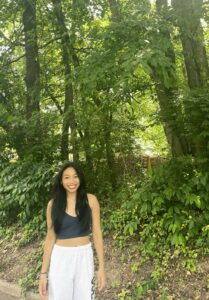 Lawrence, NJ
Lawrence, NJ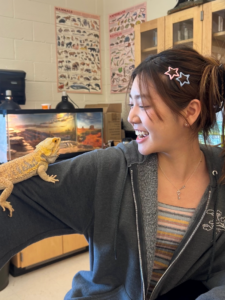 Seoul, South Korea
Seoul, South Korea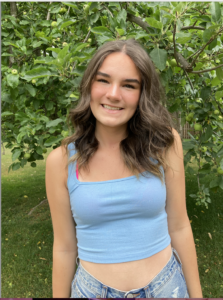
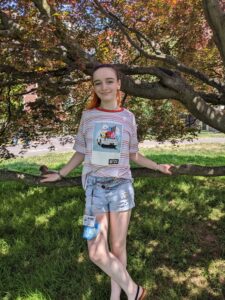 Milwaukee, Wisconsin
Milwaukee, Wisconsin Pennington, NJ
Pennington, NJ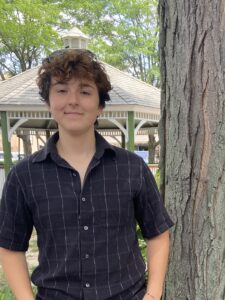 Jenkintown, PA
Jenkintown, PA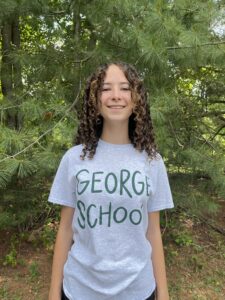 Ottsville, PA
Ottsville, PA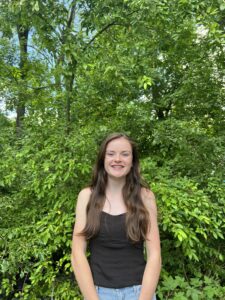 Yardley, PA
Yardley, PA Providenciales, Turks and Caicos Islands
Providenciales, Turks and Caicos Islands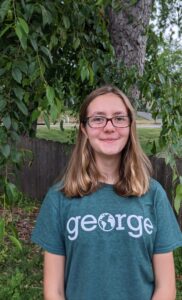 Hopewell, NJ
Hopewell, NJ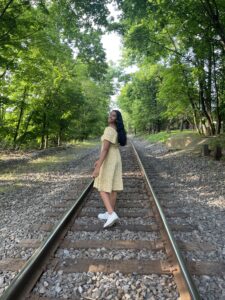
 Pottstown, PA
Pottstown, PA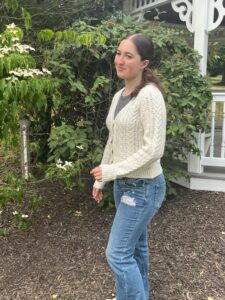 Playa del Carmen, Quintana Roo, México
Playa del Carmen, Quintana Roo, México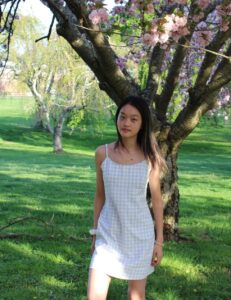 Shanghai, China
Shanghai, China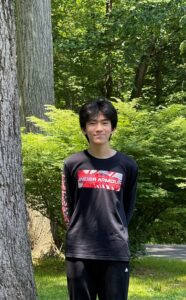 Beijing, China
Beijing, China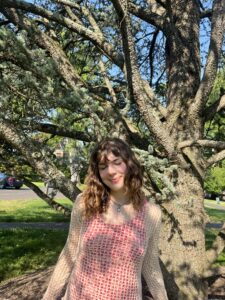 Yardley, PA
Yardley, PA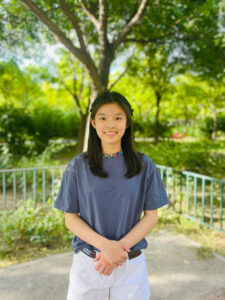 Beijing, China
Beijing, China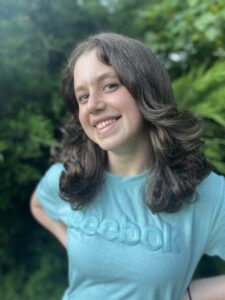 Holland, PA
Holland, PA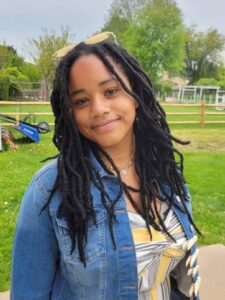 Langhorne, PA
Langhorne, PA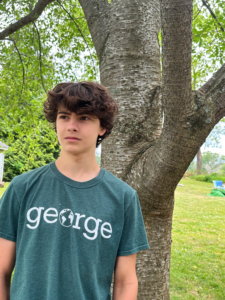 Ringoes, NJ
Ringoes, NJ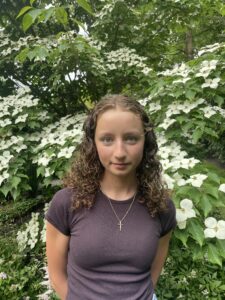 New Hope, PA
New Hope, PA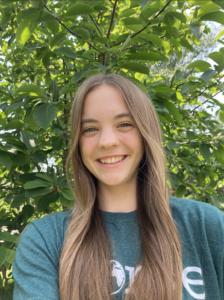 Dreshner, PA
Dreshner, PA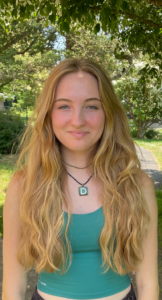 Yardley, PA
Yardley, PA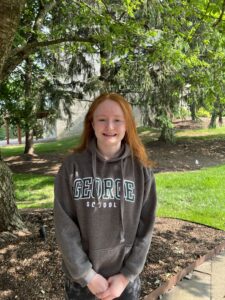 Yardley, PA
Yardley, PA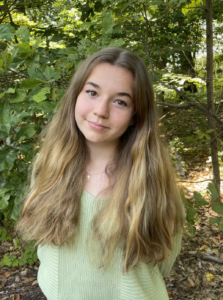 PA
PA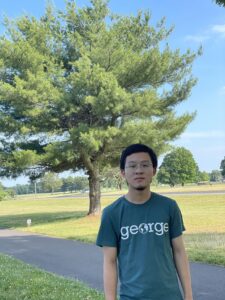

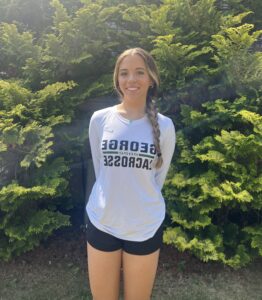
 Xi’an, China
Xi’an, China